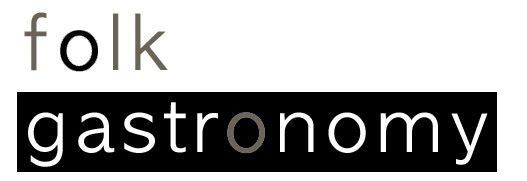[image: climatelab.org]
chicago is near enough to a handful of great vineyards- l. mawby on the leelanau peninsula is atop my short-list. as a crow flies (if you were to travel by boat or kayak**), mawby would be within the 200 mile radius used by negotiable localphytes to encompass their local edible geography radar. other than a short short-list, though, really solid wine drinking*** would come to a grinding halt. where does this leave the chicago wine lover looking to avoid the self-consternation of being guilty by association and avowing one's self of the carbon-belching reality of their wine consumption?
well, to be sure, i'm regularly tasting through possible contenders to bridge the gulf. one such contender that couldn't be any closer or sustainable for chicagoans is the mead of wild blossom meadery's greg fischer. fischer's honey bees collect nectar from the prairies of illinois, the sand dunes of lake michigan, and the naturally re-populated vacant lots on chicago's south side before being transformed into an array of delicious, approachable meads. thankfully, urban beekeeping is legal here in chicago, unlike in nyc, where individuals like david yassky are working to communicate the many benefits of urban beekeeping to disoriented law-makers. it's a brilliant use of the urban landscape that others like kim flottum are using to welcome biodiversity while economizing our urban geography in novel ways.
beekeeping is a valuable conversation as it relates to both the local and global balance of economy and ecology. in terms of the global food-chain, it's estimated that bees pollinate 1/3 of the world's foodcrop. at local and regional levels bees strengthen biodiversity by propagating local wildflowers which can sustain native habits. analysis of bee egg hatch, pollen, honey, and adult bees for pollutants is used to study air pollution. increasing the economy of scale for beekeepers in developing nations helps in not only creating jobs for carpenters to build the hives, but it aids farmers with crop pollination and restaurants with local, sustainable goods.
[image: hootingyard.org]
beekeeping is a valuable conversation as it relates to both the local and global balance of economy and ecology. in terms of the global food-chain, it's estimated that bees pollinate 1/3 of the world's foodcrop. at local and regional levels bees strengthen biodiversity by propagating local wildflowers which can sustain native habits. analysis of bee egg hatch, pollen, honey, and adult bees for pollutants is used to study air pollution. increasing the economy of scale for beekeepers in developing nations helps in not only creating jobs for carpenters to build the hives, but it aids farmers with crop pollination and restaurants with local, sustainable goods.
"you shall scratch at the earth until compactness
is born, until the shadow falls upon the structure
as upon a colossal bee that eats
its own honey lost in infinite time."
[excerpt: neruda los constructores de estatuas (rapa nui)]
*professor of history and director of the american studies program at temple university
**you can take a car-ferry across lake michigan (~$80 one-way) and imagine the number of great ship-wrecked wines and beers laying on the floor of the lake for the trout and bass to look at
***grain spirits produced on washington island near mackinaw would gladly suffice, as well as any of the amazing local breweries





No comments:
Post a Comment